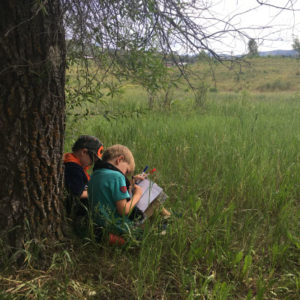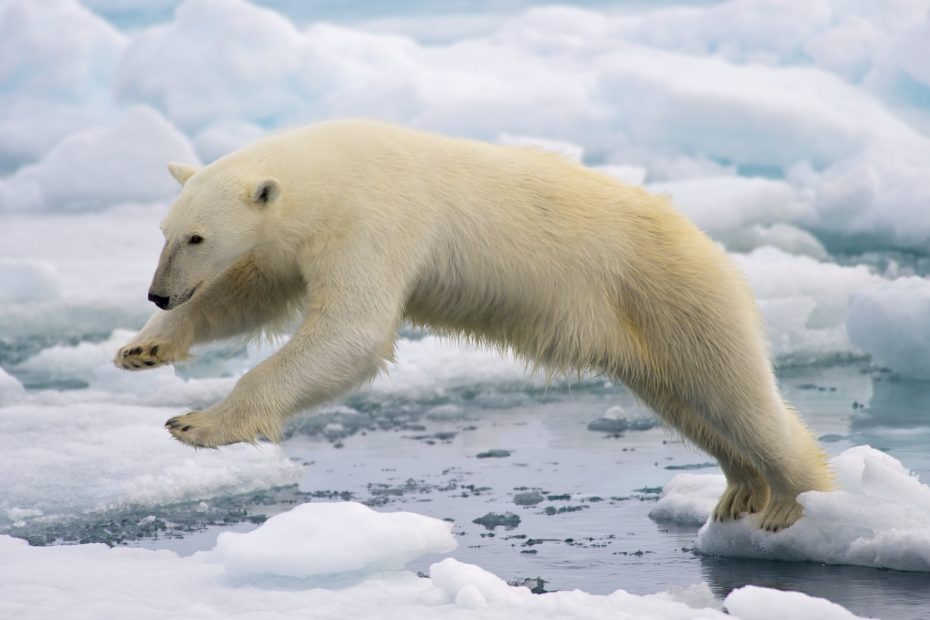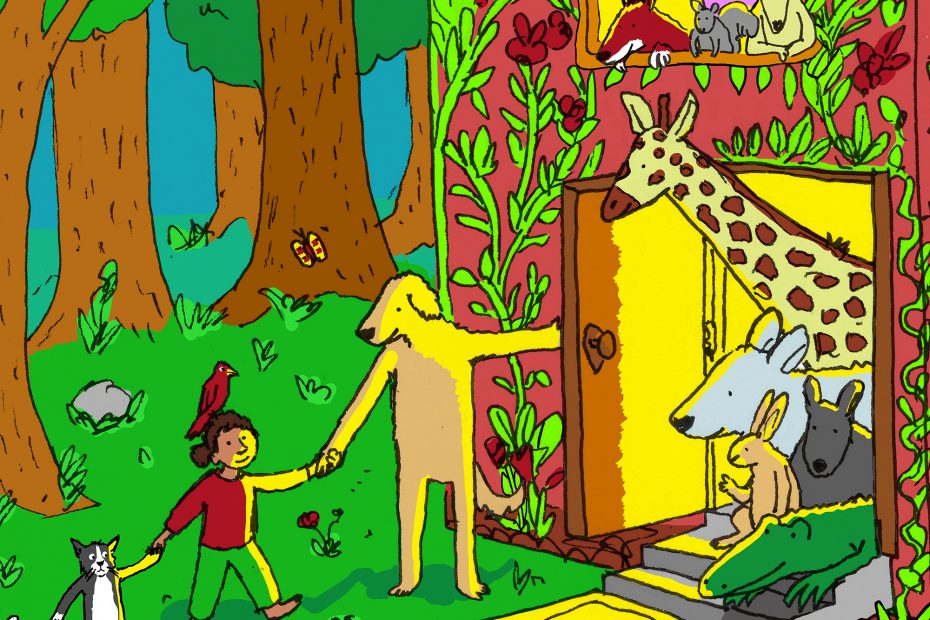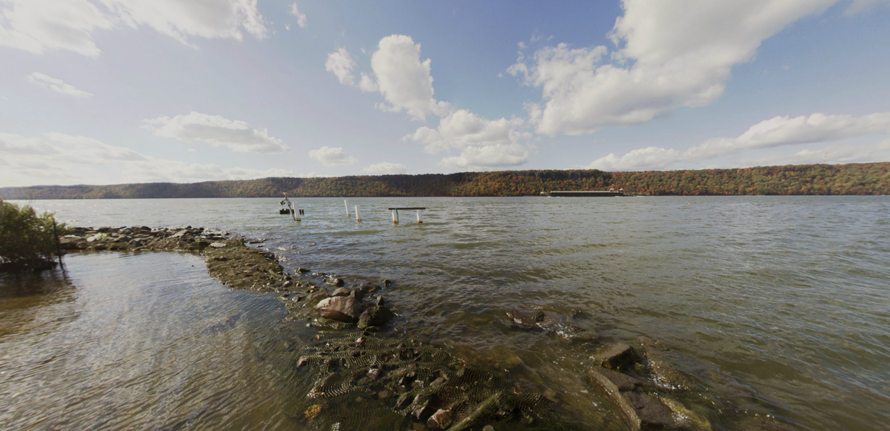By Megan Mueller |
What is it about our relationships with pets that make them so enduring, and how do they connect us to the wider, natural world – making it more likely that we will act as earth stewards? For many, experiences with pets are experiences akin to some of the most positive and important experiences as humans – particularly experiences of caring for and being cared for by another. Research by many scholars who study human-animal relationships, including our own research at the Cummings School of Veterinary Medicine at Tufts University, has shown that children closely attached to pets also demonstrate compassion and caring for all animals — as well as intolerance for cruelty to animals. In short, it is this potential for pets to elicit in us feelings of attachment, empathy, and care that make pets so relevant for helping children to connect to and care for the wider, animal world.





